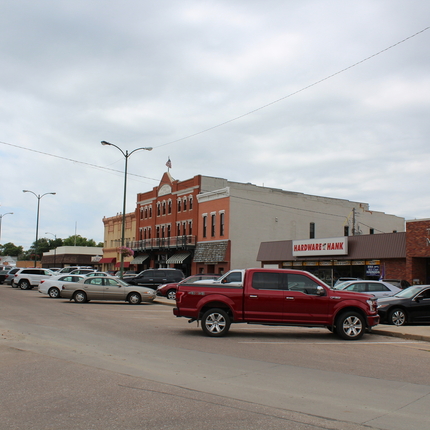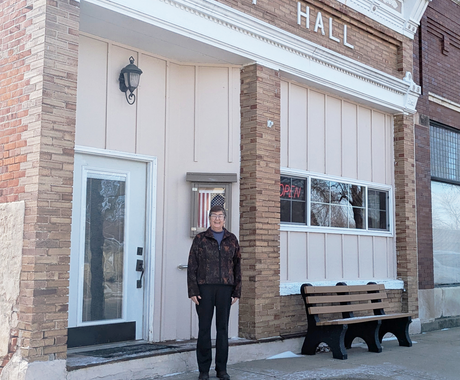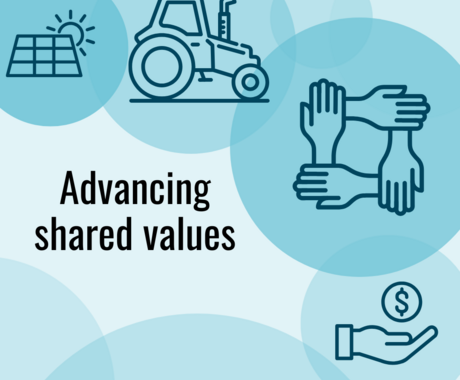By Jordan Feyerherm, former staff member
Access to the internet. The internet is now considered a basic human right; it is how people find employment, handle their finances, receive an education, work, and receive medical care.
However, not everyone is able to use the internet to its full potential, due primarily to slow speeds. Rural areas are at a disadvantage when it comes to accessing broadband.
Expanding infrastructure into rural areas will improve health outcomes for residents by allowing access to specialists, increasing cost efficiency, and raising quality of care.
In rural schools, broadband access can offer students learning tools equal to those provided in urban settings. Students can have access to higher level curriculum, to a larger selection of foreign languages and connect with students around the world.
Increasing broadband access will be a boon to small town economies by keeping local businesses competitive and attracting new residents. In a recent study by the Center for Urban and Regional Affairs, it was found that areas with one to three broadband providers experience a 6.4 percent higher employment growth rate and a 2.4 percent increase to the population growth rate compared to areas without broadband, both vital factors in maintaining a healthy community.
We must do more to help rural communities gain access to broadband. We urge policymakers to consider new and innovative ways of developing infrastructure and promoting competition among providers. By expanding broadband access into rural areas, we are improving the health, education and economic well-being of small towns everywhere.





